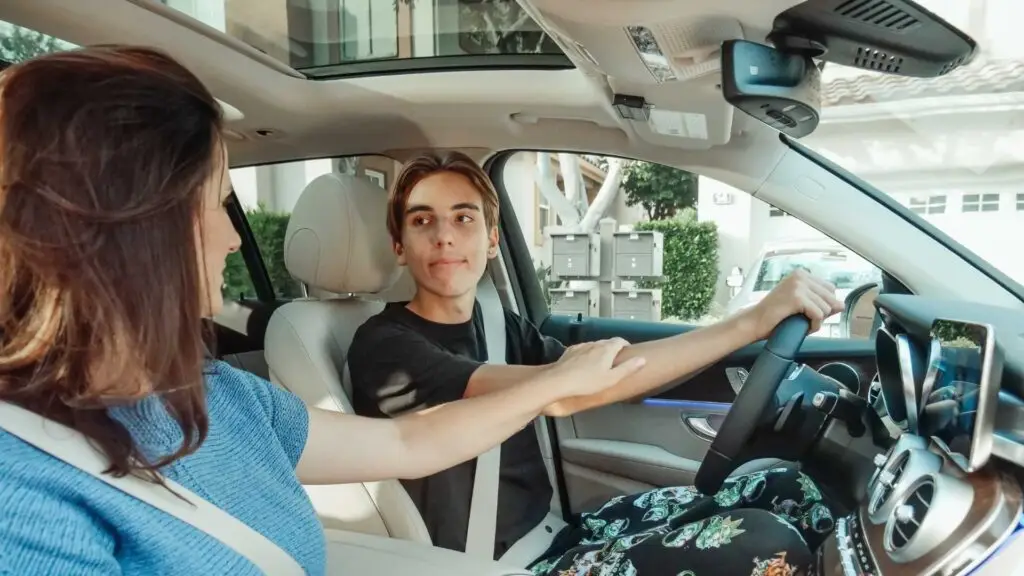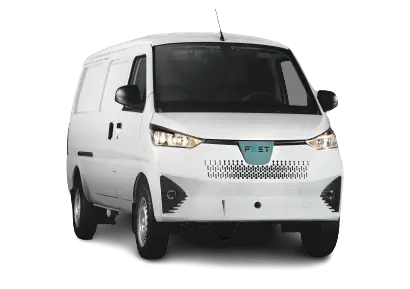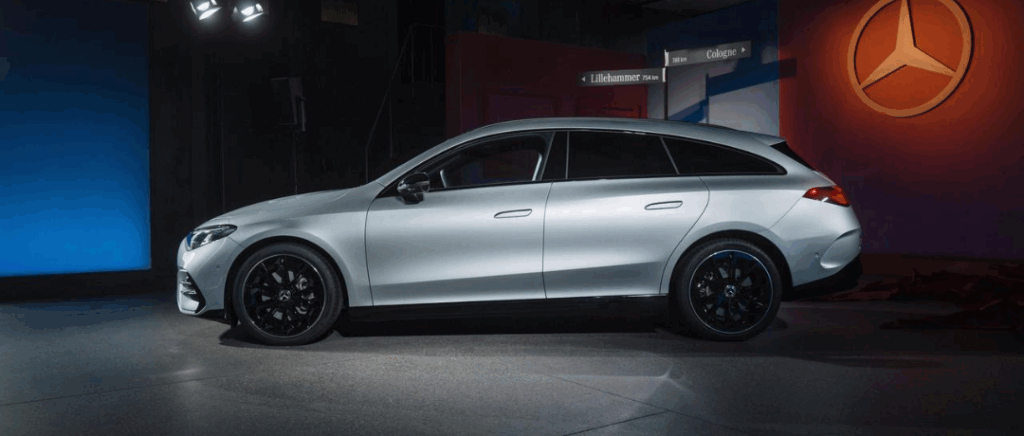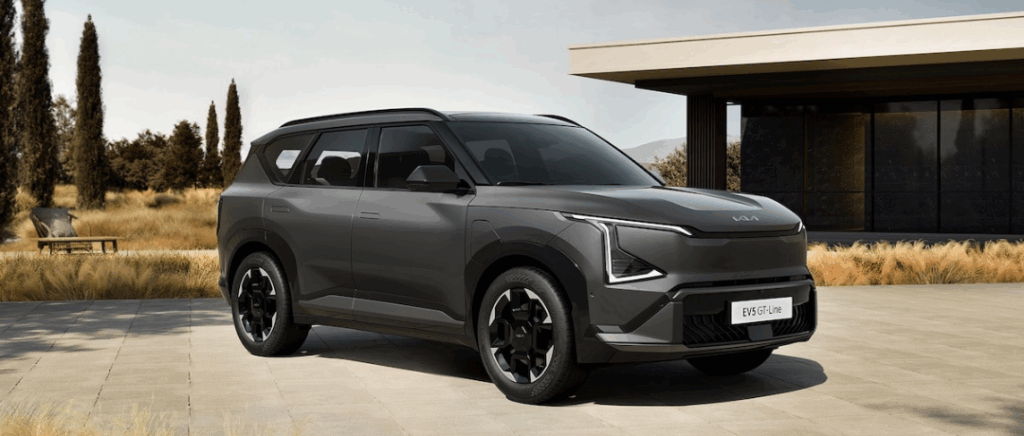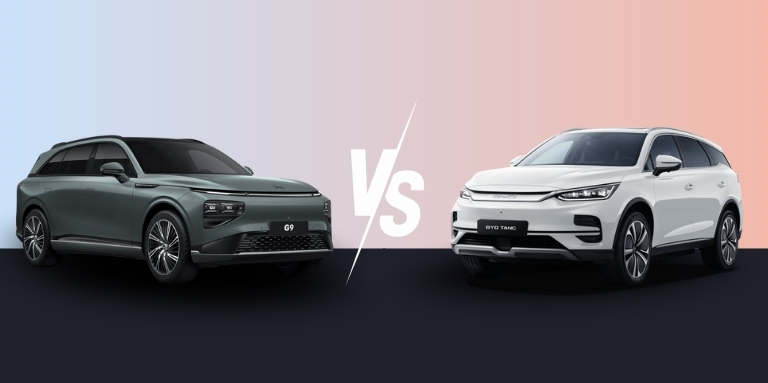Containment in France
In France, confinement was declared from 12pm on March 16. This date marked the closure of all "non-essential" activities, i.e. all businesses and industries other than supermarkets, bakeries and medical and paramedical institutions (hospitals, clinics, pharmacies).
In the "non-essential" category, we find the majority of activities in the tourism sector, businesses of all kinds: banks, real estate, SMEs and VSEs, factories and concessions, and so on. concessions. Some sectors, such as the tourism, automotive and employment sectors, were more intensely affected by the confinement.
Different consequences for different sectors
The effects of the virus have been uneven across sectors. Hotel and catering companies are reporting a loss of earnings of 5 to 6 billion euros, during this period. 15 à 20 % will not reopen in 2020, as this would not be profitable. For the remainder, reopening is scheduled for June 2.
Secondly, the plant and dealership closures had a lasting impact on the automotive market.. On the supply side, it was impossible to produce vehicles, some of whose equipment was imported from China, and dealerships were not accessible and did not receive customers. Sales fell by 88.84% to 20,997 units in April 2020.
Teleworking in full force
Finally, March 16 marks the start of a long period of teleworking for 70 % of employees. Given the company closures, employees whose telecommuting was not possible and required face-to-face contact were put on short-time working. This was the case for 11 millionof them. The primary aim of this measure was, of course, to preserve jobs.
Since May 11, the announced decontamination date, most companies have been able to resume operations under strict sanitary guidelines. However, the organization of the resumption does not reassure employees. Although the protocol put in place within companies enables everyone to respect social distancing measures, the greatest source of anxiety is transport to the workplace. Although wearing a mask is compulsory, distancing measures are difficult, if not impossible, to implement.
What impact does containment have on means of transport?
For some, getting back to work means changing their mode of transport.
The car is the preferred alternative after confinement
In fact, 63% of those questioned intend to travel by car after confinement. Our study shows that 84% of our panel respondents have little or no confidence in using public transportregardless of age, place of residence, gender or socio-professional category. However, 15% do use public transport to get to work, when the average workplace is within a 10km radius.
When the distance to be covered exceeds 10 km, 14% of people who used to take public transport now switch to the car.
When the journey is longer than 20 km, 71% of French people aged 40 and over have a very high level of confidence in the car as their future mode of transport. The car seems to be the most trusted alternative to public transport for avoiding overcrowding. The more kilometers people travel, the more they will prefer to use the car, across all age groups.
Motorized two-wheelers are also popular
With regard to the use of motorized two-wheelers, 68.5% are very confident that they can be used for journeys of between 10 and 30 km, without any health risk. And 40.2% of people in their twenties are confident in using bicycles for distances of less than 10 km.
Women aged between 20 and 30 have more confidence in motorized two-wheelers than in bicycles. According to our study, women in general prioritize travel time as much as health and safety. Men, on the other hand, prefer to optimize their journey time and pay less attention to health aspects, according to our study.
Health safety and travel time are the main criteria for choosing a means of transport.
- Among the 54% of people living in the city, 48% said they used their cars or motorcycles to get to their place of workregardless of distance. This choice of mobility can be explained by individual preferences. People who live in cities give priority to health safety, then to travel time and price, and lastly to ecology.
- People living in rural areas account for 25.1% of those surveyed. 94% of them use a car or motorized two-wheeler to get to work. This time, the health safety criterion is as important as the ecological impact, followed by time and finally price.
- Finally, 20.8% of respondents living in suburban areas follow the same trend, with cars and motorized two-wheelers accounting for 85.6%. As with the rural population, priority is given to health safety and ecology, then time and finally price.
We've seen the global trends in people's behavior. We're now going to take a closer look at their implications and the reactions of mobility-related markets.
Vehicle purchases and sales down sharply due to confinement
New passenger car registrations fell sharply as dealerships and factories closed. Almost 72% fewer compared with last March, or 63,000. April saw an 88% drop compared with April 2019, with 20,997 vehicles registered.
On the supply side of the automotive market, for manufacturers and dealers alike, the impact is unprecedented and is having repercussions on sales. Estimates for the current year are not encouraging. Sales in 2020 are expected to fall by around 20% to 30% compared with previous years.
On the demand side, we can deduce that the drop in sales due to the health crisis is the consequence of a postponement of projects. Among the projects that came to fruition, sales of combustion-powered vehicles fell in favor of hybrid and electric vehicles. In fact, purchases of diesel and gasoline-powered vehicles fell by around 70% respectively in the first quarter of 2020. Electric vehicles, on the other hand, managed to cushion the fall with a 12% drop in sales.
The CEO of FinnocarYassine Tazi answered our questions. Finnocar specializes in car financing solutions for professionals. Its founder answered our questions about the impact of the health crisis and the recovery of the business.
"It's hard to say when the recovery will take place, we hope the market will pick up quickly, but these two months are hard to make up. For a good recovery, there needs to be an upturn in the country's overall activity."
Yassine Tazi - CEO Finnocar Tweet
What impact has containment had on loan applications and the car market in general?
I didn't want to talk too much about it, but if we see another wave (and therefore reconfinement) following the deconfinement, or massive layoffs in certain sectors, the recovery may turn out to be more complicated than expected! But we remain optimistic here, believing that recovery will come little by little! In fact, our visitor statistics show that the recovery began 1/2 week ago.
What impact has containment had on loan applications and the car market in general?
With our vendor partners having closed, we still retained 50% of our leads thanks to the partner sites on which we are present. But customers preferred to wait until the end of containment to finalize their requests ... so many of these leads postponed their purchase until decontainment. We're waiting to see how the market reacts over the coming months.
What impact can decontamination have on automotive purchasing?
It depends on a number of factors, but I think the second-hand market will pick up fairly quickly with the postponements of recent months. In fact, a number of recent surveys have shown that the car still plays a predominant role (as a means of protection). The new car market will also depend on the government's stimulus plan. If they announce loud and clear that the stimulus package will be implemented in September, with incentives, the market is likely to stall until the autumn. Nobody's going to want to buy a car now, if they're potentially going to be granted subsidies in a few months' time.
How quickly do you expect sales to pick up? Will the upturn in business be enough to compensate for the downturn caused by the confinement?
It's hard to say. We hope the market will pick up quickly, but these 2 months are hard to make up. For a good recovery, the country's overall activity needs to pick up.
The Chinese counter-example
Forecasts for the French automotive market do not point to a recovery in sales. Europe is expected to suffer a recession of 5 %compared with growth of 3,5 % growth in China.
However, the Chinese market is reacting differently to the end of containment. In fact, 72 % of people living in the regions most affected by Covid-19 want to buy a new vehicle. The differences in trajectories between the French and Chinese markets can be explained by thechanges in purchasing habits after the period of confinement. 42 % of Chinese now say they want to buy a vehicle directly online, while 79 % admit that this was not an option before the pandemic.
They are also 4 % anticipate a decline in vehicle market prices over the next few months, and are 66 % want to make their purchase plans a reality in the next six months.
The statistics from our study indicate low confidence in using public transport for 85.3% of respondents. Meanwhile, in China, 50 % of public transport users want to move away from public transport.
In the end, these markets faced the same problems, so it's not impossible that we'll see a recovery in the Chinese automotive market, as in France. Dealerships will be aiming to clear their inventories, and promotional offers will probably be made. Two markets in particular:
- Electric vehicles: dealerships will need to replenish their accounts after two months at a standstill. Also, with the CAFE amendment coming into force at the end of the year amendment comes into force at the end of the year, dealers will be under pressure to sell more electric vehicles. Failure to comply could result in heavy fines.
- Used vehicles: delivery of new vehicles is undoubtedly always a problem.
The decontamination is the first step towards a potential increase in purchasing power for future electric vehicle of electric vehicles and on the second-hand market.
Short-term rental in jeopardy
Short-term rental depends essentially on tourist activity, and more particularly on airport and train station activity. It is therefore a service that comes to a complete standstill during the confinement period.
There are a number of indicators that will influence the market and its recovery, such as the trend in the number of deaths and admissions to intensive care units, which serve as indicators for :
- Opening the beaches for the summer
- The next reopening of borders within the EU
- The next reopening of non-EU borders
According to our study, 64.5% will use a car to get to their vacation destination this year. A slow, gradual recovery can be expected, in line with the pace of tourism.
Shared mobility amid uncertainty
Shared mobility is a way of getting around using a shared means of transport managed by a third party, usually a company. The most widespread are self-service means of transport, such as scooters, vehicles and scooters. But also those based on the collaborative economy, i.e. peer-to-peer activities involving human interaction, such as car-sharing and car-pooling.
According to our survey, 87.8% of respondents said they would not be using shared mobility services in the next few weeks. 79.2% are not confidentand will not be using them in the next few months.
The company Fluctuo, which specializes in data measurement for mobility, answered a few of our questions about the future of shared mobility. According to Fluctuo CEO Julien, over the next few months, shared mobility could be a viable solution for people who don't own bikes, scooters or cars.
However, their use can be problematic, because as the name suggests, this is "shared" mobility, involving one or more other people on the same journey, and therefore more risk of contamination. Also, the value for money is less than with public transport.
"The Covid 19 crisis will have a lasting impact on travel patterns in all the world's major conurbations [...] There is a risk of an explosion in the number of individual vehicles (especially cars), with all the consequences this would have on urban congestion and air pollution. Most cities are in the process of taking drastic measures to promote alternative modes of transport".
Julien - Fluctuo CEO Tweet
A risk that is statistically plausible, given that 63% of those questioned told us they would soon be using their car, rather than other modes of transport, for greater safety and less risk of contamination.
How will shared mobility evolve over the coming months?
There are many questions about the role that shared mobility could play in the coming months. There's bound to be a shift in public transport users who don't want (for a while) to lock themselves into a metro or streetcar. If these people don't own a bike/scooter/car themselves, shared mobility may be the solution. But there will also be reluctance to use these services, precisely because they are shared vehicles (with all that this implies in terms of contamination fears). But also linked to the price of using these services (which are more expensive than public transport). Finally, on the supply side, the crisis has had a severe impact on companies in the sector. There will be a number of bankruptcies or withdrawals from certain cities.
Given the data from the deconfined countries, what type(s) of transport will be preferred?
The Covid 19 crisis will have a lasting impact on travel patterns in all the world's major conurbations, by making individual modes of transport more attractive to the detriment of public transport. The risk is to witness an explosion in the number of individual vehicles (especially cars), with all the consequences this would have on urban congestion and atmospheric pollution. Most cities are taking drastic measures to promote alternative modes of transport.
Will the coronavirus have a lasting impact on shared mobility?
For the shared scooter services that have attracted so much attention over the past 2 years, this crisis will be an opportunity to come of age. Given the absence of tourists (for several months), who represented a significant proportion of revenues, the continued development of these services will inevitably require the development of regular use among the inhabitants of the cities concerned. This implies new strategies for the deployment of vehicle fleets and the introduction of fare plans adapted to regular use. For shared bike, scooter and car services (already well used by local customers), the change will be less abrupt.
A loss of confidence in carpooling
Alternative mobility refers to the transfer of carbon-based road traffic to more environmentally-friendly solutions. These include walking, cycling, car-sharing and car-pooling.
Some activities in the alternative mobility sector have been hard hit by the crisis, which has resulted in a near-complete halt to activity, or even the discontinuation of certain offers.
Indeed, the car-sharing application "BlaBlacar" has seen its business fall by around 95%. Also, General Motors' car-sharing offer "Maven" will be discontinued by June. "Maven" will be discontinued by June.. The company has announced the transfer of resources to other activities. Lime, a company offering self-service electric scooters, has announced the discontinuation of its business, and the provision of scooters to its customers. the provision of scooters for nursing staff..
Within the panel surveyed :
- 75.3% are confident in the use of bicycles
- 23% will use alternative modes of transport to get to work
- 13.5% of residents who live close to their workplace will walk to work.
Finally, we are witnessing a change in French habits, following the period of confinement. Alternative forms of mobility such as carpooling and carsharing are less popular, due to the proximity of strangers. Cycling and walking are preferred and considered safer.
In conclusion
In our study, we interviewed a panel of people to establish the impact of the Covid-19 crisis on mobility. The lockdown lasted eight weeks, during which time the entire economy was paralyzed and many sectors came to a complete standstill. One of the hardest-hit sectors was mobility.
Everyone's habits have changed, with health safety and travel time taking priority over ecology and price.
The preferred means of transport are those that can be used individually, i.e. cars, motorized two-wheelers, bicycles or scooters. This explains why respondents have little or no confidence in using public transport. In contrast, the car is the most reassuring means of transport.
In the course of May, we can anticipate a pollution peak in the weeks to come, given the common desire to use one's vehicle.
In June, conditions permitting, full resumption of restaurant, theater, museum and cinema activities. If the pandemic is brought under control, public transport and vehicle traffic should balance out.
By the end of the year, we could be anticipating a possible upturn in the electric and used car market. Dealerships are aiming to sell off existing stocks, and are under pressure from CAFE 2020 regulations to do so, on pain of fines.
